Why travelers often find themselves tongue-tied.

Exploring the United States can be an exciting adventure, but foreign tourists often find themselves tripping over certain tricky American place names. From quirky small towns to famous landmarks, these names seem designed to confuse non-native speakers. While some mistakes are innocent and charming, others can leave locals chuckling or scratching their heads.
Let’s take a look at some of the funniest mispronunciations visitors use—and why they happen.
1. Foreign tourists often mispronounce “Arkansas” as “Ar-kan-sas.”
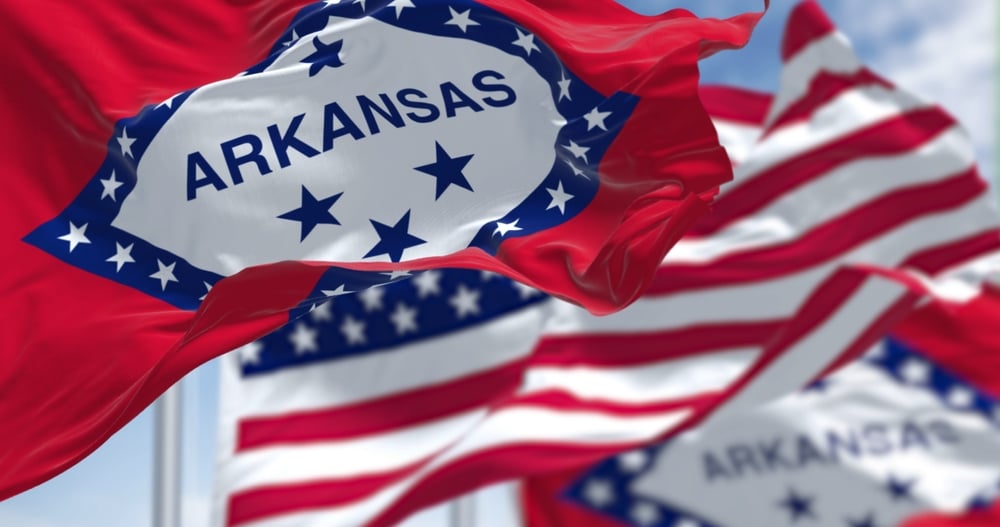
The name Arkansas often baffles foreign visitors who logically apply phonetics to its spelling. With its resemblance to Kansas, tourists understandably try to pronounce it as “Ar-kan-sas.” However, locals will quickly point out that it’s actually pronounced “Ar-kan-saw,” thanks to French influences on the original Native American name.
This misstep is especially amusing when it’s delivered with confidence. Tourists attempting to engage with locals about the “Ar-kan-sas River” often receive bemused smiles. It’s one of those quirks that showcases the unexpected twists in American English, leaving visitors perplexed and locals entertained.
2. Many tourists call “Worcester” as “War-chester.”
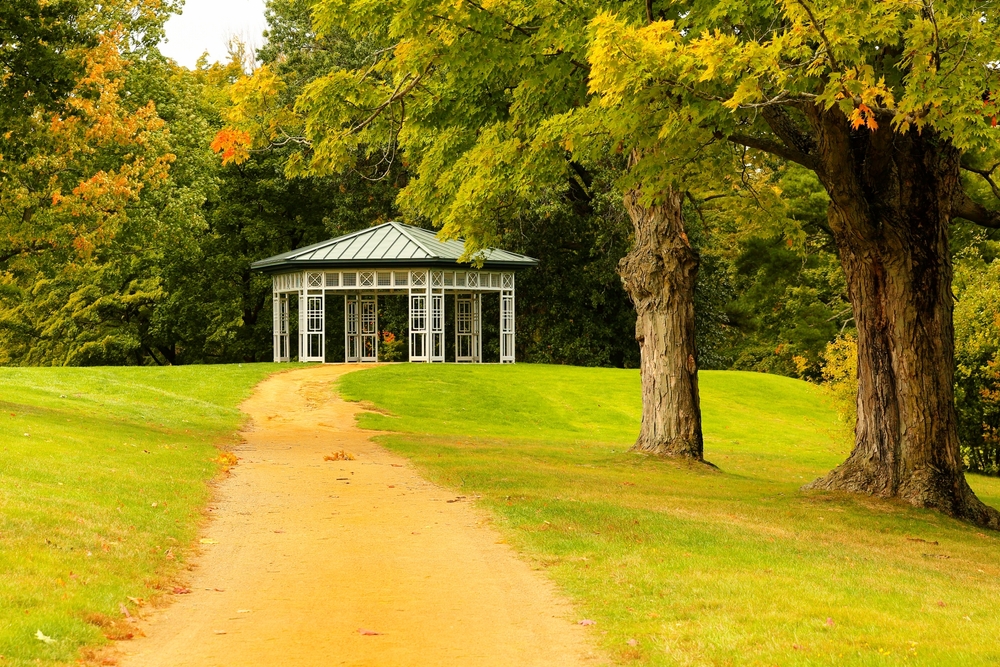
Worcester, Massachusetts, is a tongue-twister for anyone unfamiliar with British-derived place names. Foreigners often attempt to pronounce it phonetically as “War-chester,” unaware that the actual pronunciation is a condensed “Wooster.” The silent “r” and the squished syllables throw off even the most seasoned travelers.
Locals often find this error endearing, especially when tourists ask for directions. The look of surprise when they hear the correct version is priceless. It’s a classic example of how regional quirks can turn an innocent question into a memorable cultural exchange.
3. Tourists hilariously turn “Des Moines” into “Dez Moy-neez.”
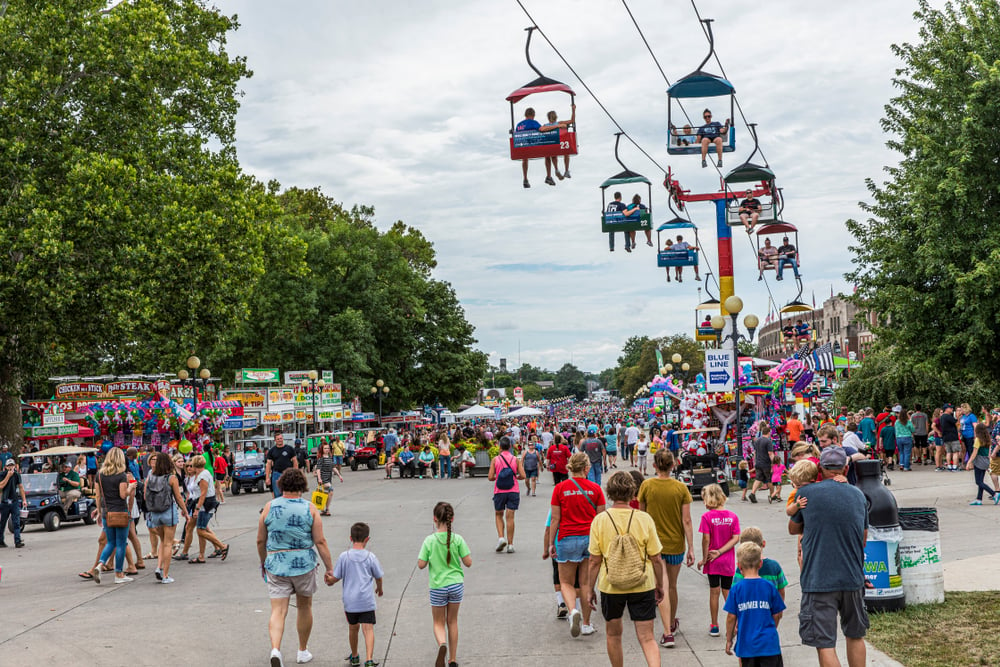
The capital of Iowa often falls victim to foreign visitors attempting to pronounce all its letters. Tourists frequently say “Dez Moy-neez,” when it’s actually pronounced “De Moin.” The silent “s” at the end and the French origins of the name make it a tricky one to navigate.
This mispronunciation often sparks a chuckle among locals, especially when paired with a puzzled face after a correction. It’s a great icebreaker, though, and one of those small moments that can turn a quick stop into a memorable story for both visitors and residents alike.
4. “La Jolla” often comes out as “La Jaw-luh.”
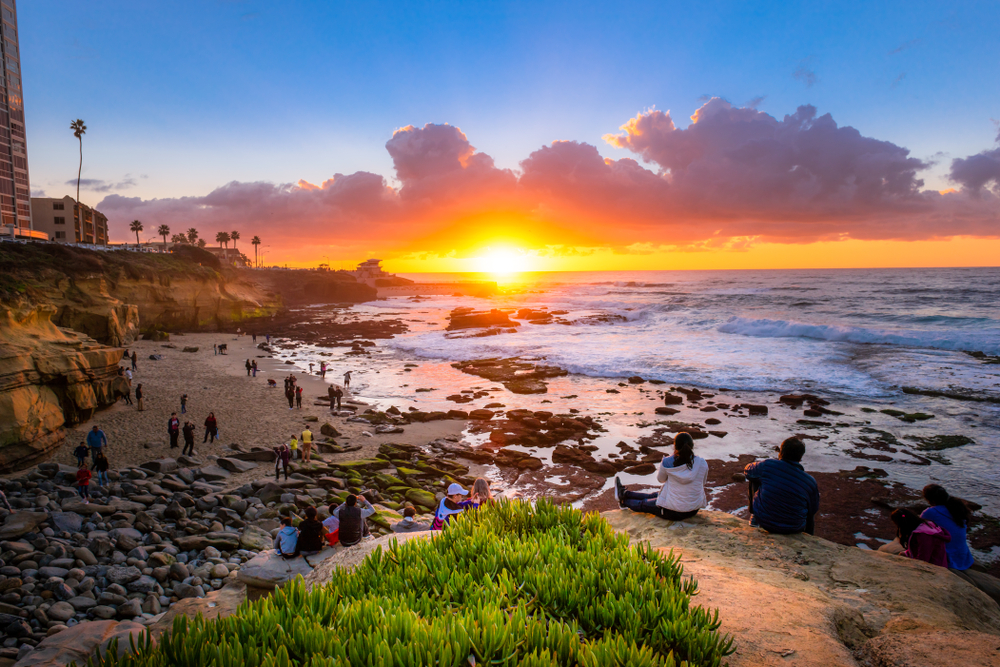
Visitors to California’s coastal gem, La Jolla, often mispronounce it as “La Jaw-luh,” completely bypassing its Spanish origins. The correct pronunciation is “La Hoy-a,” reflecting the area’s rich Mexican heritage. This mistake highlights how Spanish influences shape many place names in the U.S.
Locals are typically forgiving, often jumping at the chance to share the correct pronunciation along with recommendations for the best beaches. Missteps like these can sometimes spark deeper curiosity about the region’s cultural roots, turning an awkward moment into an educational one.
5. “Illinois” becomes “Ill-i-noise” for the uninitiated.
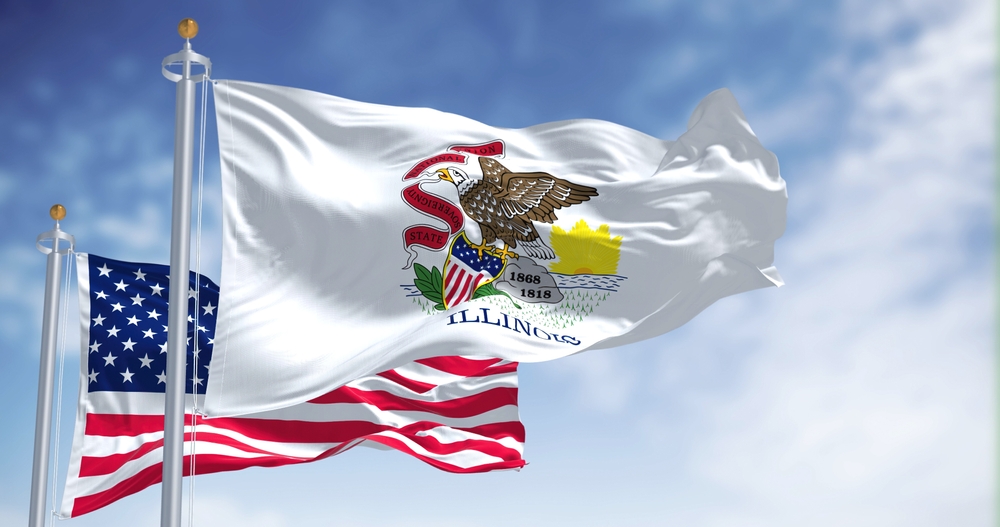
Foreign visitors often add an unnecessary “noise” to Illinois, making it “Ill-i-noise.” However, the final “s” is silent, leaving the correct pronunciation as “Ill-i-noy.” This confusion is understandable given how English inconsistently treats silent letters.
It’s a common mistake heard in Chicago airports or train stations, and it never fails to amuse the locals. Once corrected, though, tourists are usually quick to adapt—sometimes even asking why the language is so complicated in the first place.
6. “Houston Street” in New York is pronounced like “How-ston.”
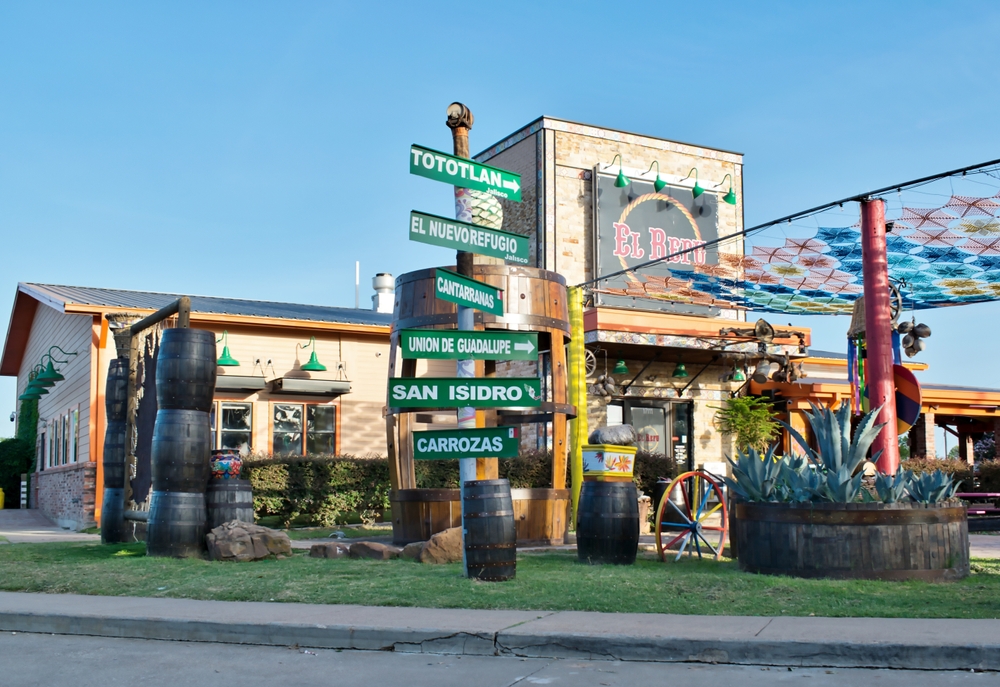
Tourists familiar with Texas often stumble over Houston Street in Manhattan, instinctively pronouncing it like the Lone Star State’s city. Instead, New Yorkers pronounce it as “How-ston,” a distinction that baffles visitors expecting uniformity.
The name’s unique pronunciation reflects its Dutch origins rather than Texan influences. For tourists, this misstep often becomes part of the charm of navigating New York, a city where even the street names seem to demand an insider’s knowledge.
7. The “Ojai” mispronunciation as “Oh-jay” catches travelers off guard.
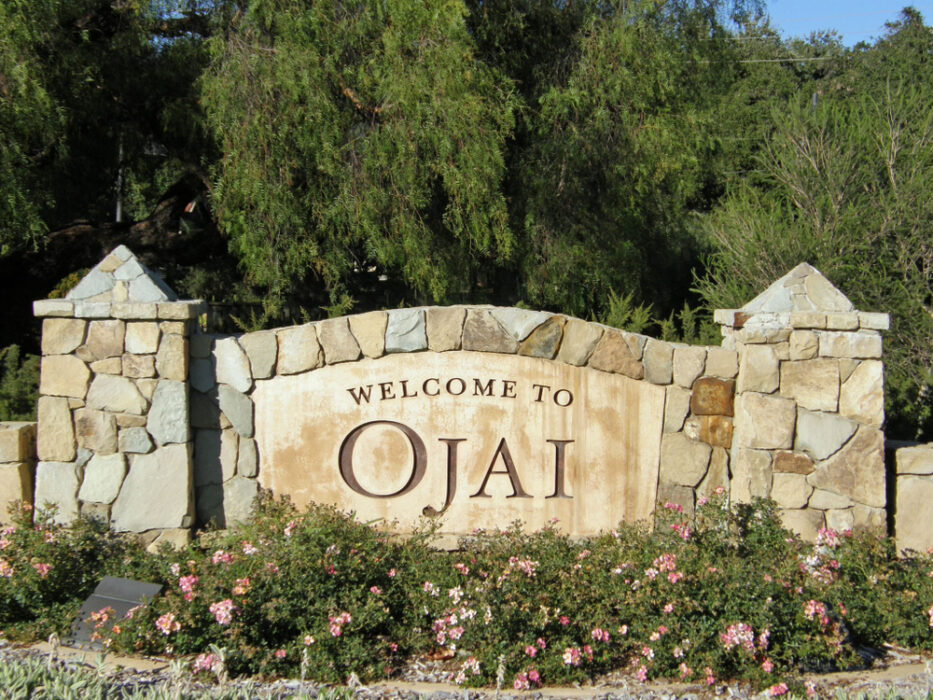
Nestled in California, Ojai is often mispronounced as “Oh-jay” by tourists unfamiliar with its Native American origins. The correct pronunciation is “Oh-hi,” a simpler and smoother sound that surprises first-timers.
This error frequently comes up when visitors book accommodations or ask for directions. Locals, however, usually find it a delightful opportunity to share the town’s serene charm, making the conversation part of the Ojai experience.
8. “New Orleans” is mispronounced as “New Or-leens.”
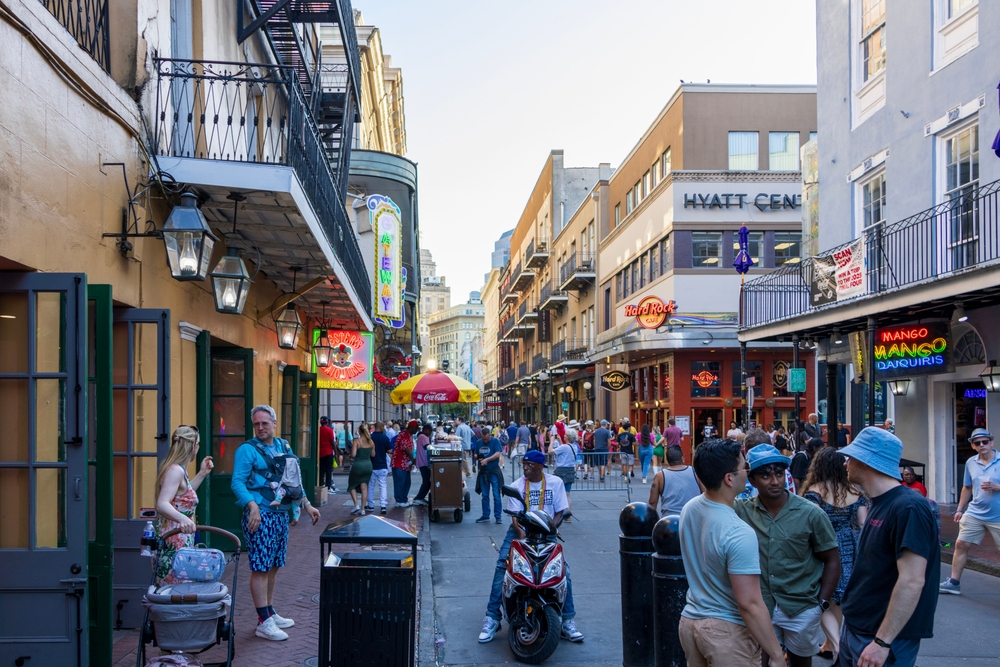
Foreigners often overemphasize the “leens” in New Orleans, pronouncing it as “New Or-leens.” Locals, however, know it’s more accurately “New Aw-lins” or even “N’Awlins,” depending on the accent and context.
This mispronunciation is a dead giveaway of a first-time visitor. While locals might playfully tease, they also enjoy sharing their city’s rich history and culture with enthusiastic travelers. It’s all part of the Crescent City’s welcoming vibe.
9. “Yosemite” turns into “Yoze-might” for newcomers.
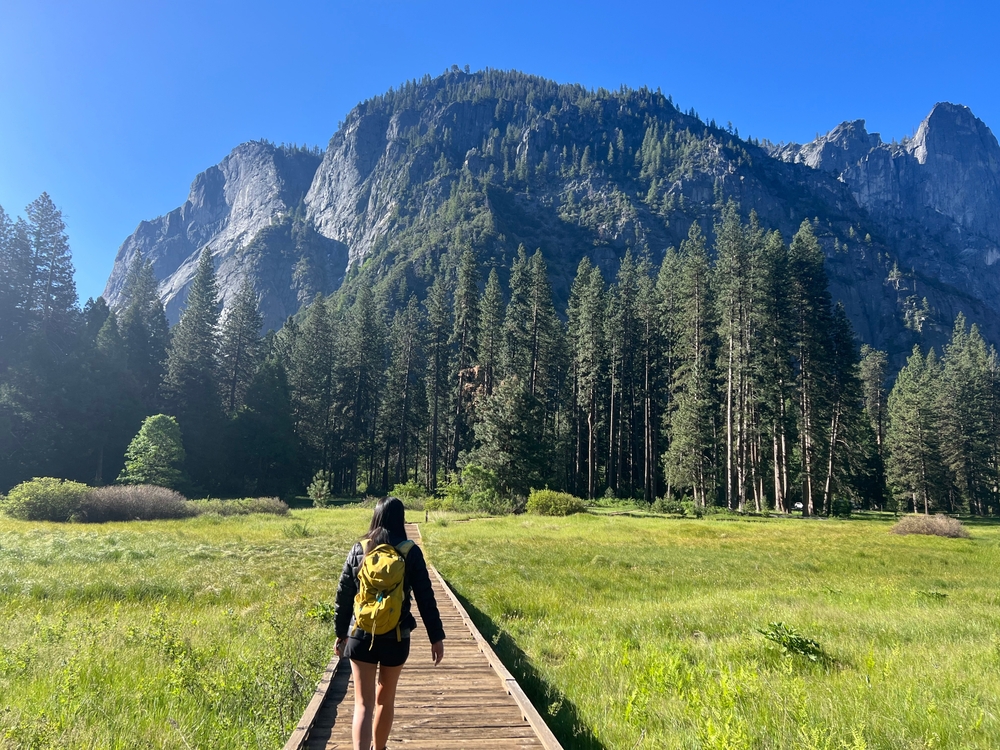
Yosemite National Park frequently stumps visitors who say “Yoze-might” instead of the proper “Yo-sem-it-ee.” The mistake usually stems from unfamiliarity with the park’s Native American-derived name and its unique spelling.
Park rangers and guides have heard this mispronunciation countless times and usually respond with good-natured corrections. It’s an amusing reminder of how iconic landmarks can also serve as language lessons for travelers.
10. Tourists confuse “Mackinac” with “Mack-in-ack.”
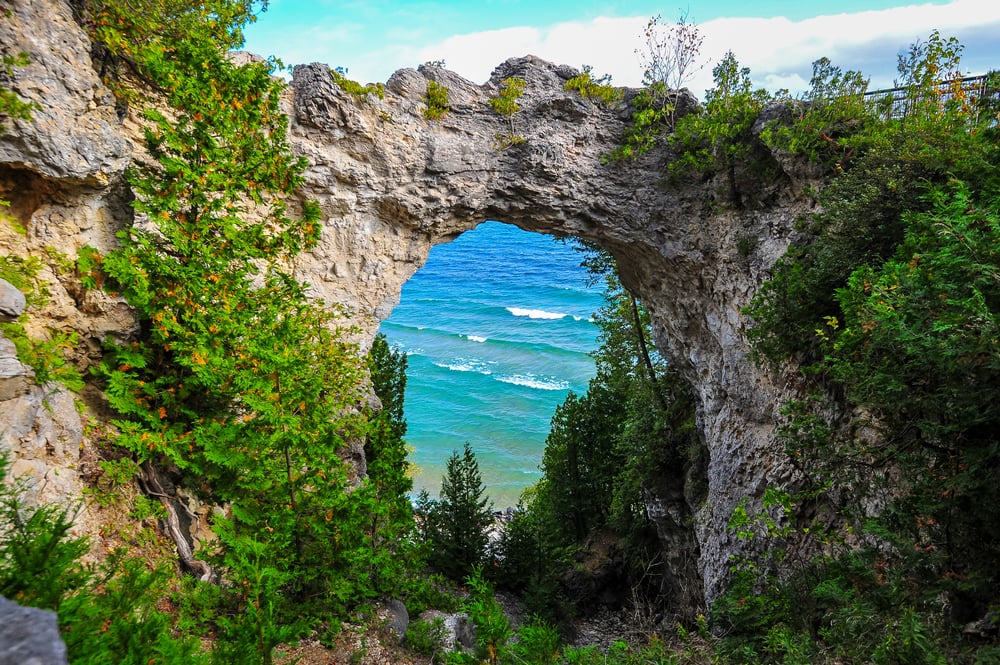
Mackinac Island in Michigan often trips up visitors who pronounce it as “Mack-in-ack.” However, the correct pronunciation is “Mack-in-aw,” reflecting the area’s French influence and the silent “c” at the end.
This charming island, known for its no-car policy and fudge shops, becomes even more memorable when visitors share stories of their pronunciation faux pas. It’s just another way this picturesque destination leaves a lasting impression.
11. “Coeur d’Alene” is often butchered as “Core-duh-lane.”
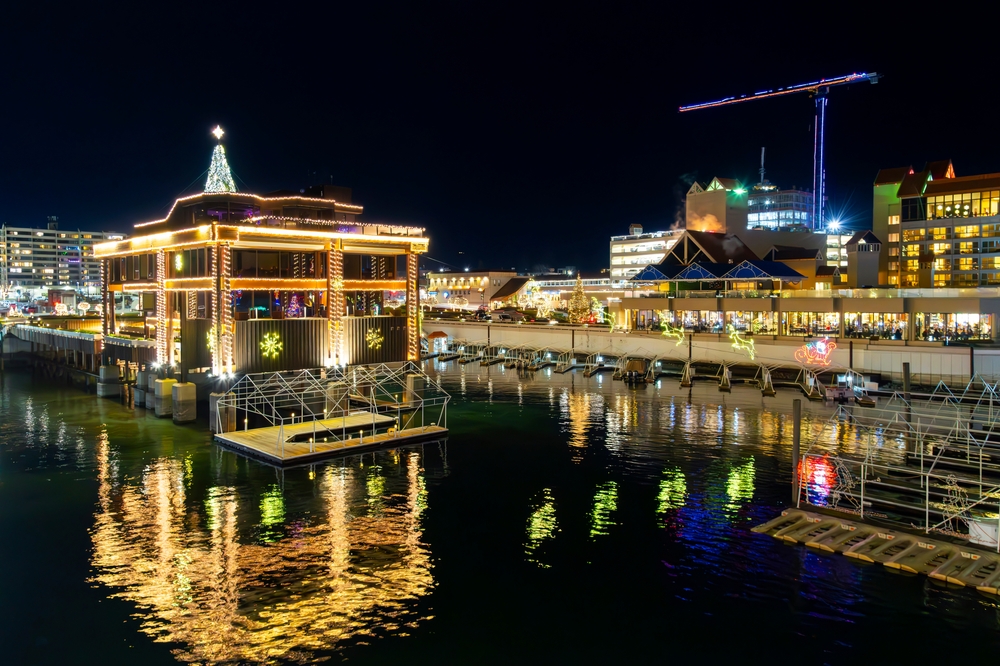
This Idaho town’s French name leads tourists to pronounce it phonetically as “Core-duh-lane.” Locals, however, know it’s pronounced “Core-da-lane,” with a smoother, more flowing sound.
Mispronouncing this name is almost a rite of passage for first-time visitors. It’s a perfect example of how American place names blend various linguistic influences, creating endless opportunities for confusion—and connection.
12. Foreign visitors say “Bexar County” as “Bex-ar.”
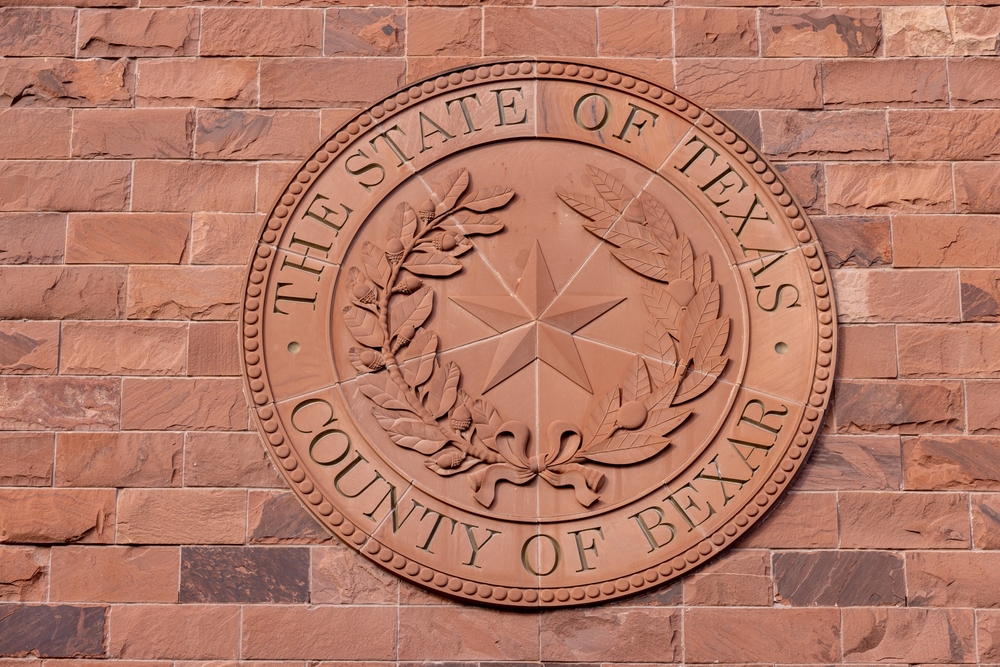
In Texas, Bexar County confuses newcomers who say “Bex-ar” instead of the correct “Bear.” The name comes from Spanish origins, where the “x” is pronounced like an “h” and softened into an English-friendly “bear.”
Locals often chuckle at the mistake, especially since the area’s rich history contrasts with the simplicity of its spoken name. It’s a minor but memorable misstep in any Texan adventure.
13. “Louisville” trips tourists who say “Lou-ee-ville.”
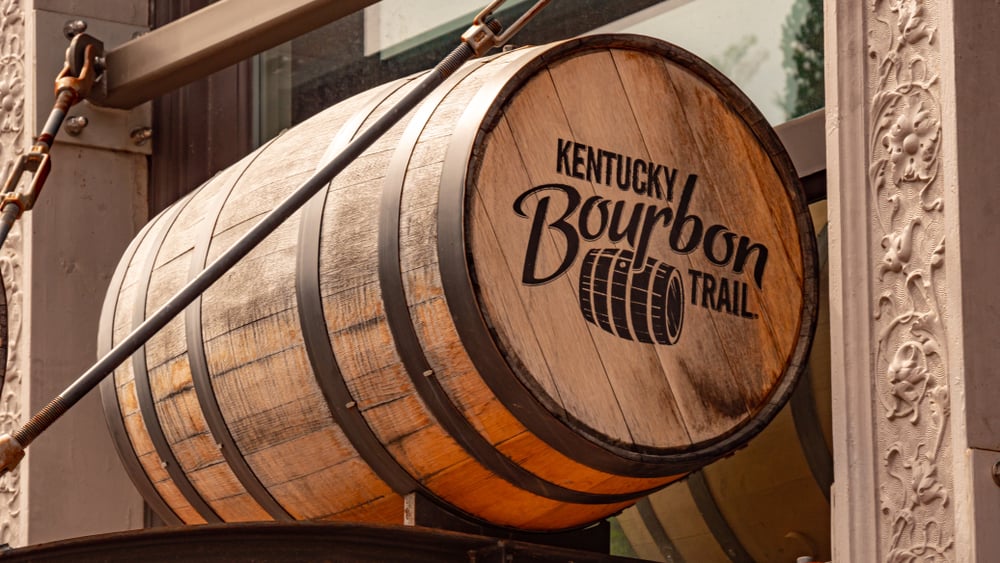
Tourists often pronounce Louisville as “Lou-ee-ville,” sticking to the French-inspired spelling. However, locals prefer a slurred “Loo-uh-vuhl” or “Loo-ee-vuhl,” depending on the regional accent.
The city’s name becomes a surprising challenge for anyone not accustomed to its colloquial speech. Learning the correct pronunciation often adds an extra layer of appreciation for Louisville’s unique charm and Southern hospitality.
